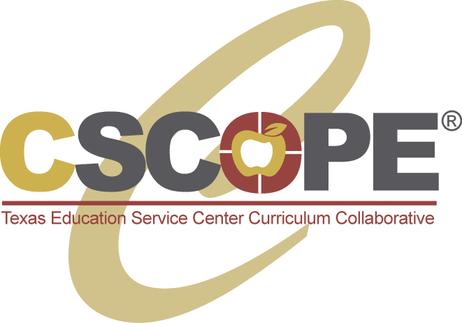Prom is a rite of passage for many high school students; a chance to celebrate with friends before everyone heads in different directions after graduation. For students at some Georgia high schools, the evening celebrations were restricted according to the color of a student’s skin. Segregated proms have been going on in some areas of Georgia for decades since the schools backed out of sponsoring the events. In the hands of parents and students, proms have become an “invitation only” event, with black students hosting one party and white students hosting another.
Change is in the Air
This year, four students at Wilcox County High School decided it was time for a change. The female students, two white and two black have decided it is time for their school to have an integrated prom. The students created an Integrated Prom Facebook page, where they wrote, “We live in rural south Georgia, where not too many things change. Well, as a group of adamant high school seniors, we want to make a difference in our community. For the first time in the history of our county, we plan to have an integrated prom.”
The four friends began their campaign when they decided they all wanted to be able to enjoy their senior prom together. One of the girls, Quanesha Wallace, had been elected homecoming queen for her school in the fall. However, she was unable to attend the white homecoming dance, since she is a






















